At the beginning of April, I became so frustrated by the supine coverage of the government’s response to the coronavirus crisis, particularly on radio and television, that I decided to start a blog called Lockdown Sceptics. The idea was to create a platform for people who wanted to challenge the official narrative. In addition to publishing original material by Covid dissidents, many of them eminent scientists, I include links to critical papers and articles, and write daily updates commenting on the news. One of the things that puzzles the contributors is why the coverage on broadcast media has been so hopelessly one-sided.
The BBC, in particular, seems to have become a propaganda arm of the state. Normal journalistic standards have been abandoned and it just regurgitates the views of the public authorities, transmits nightly ‘death porn’ to terrify people into compliance and regularly warns its viewers and listeners about the ‘fake news’ circulating on social media. Often, something condemned as ‘misinformation’ one week — that face masks protect against infection, for instance — becomes government policy the next, and the BBC’s phalanx of reporters all swivel by 180 degrees like a well-drilled marching band.
Much of this is down to group-think. But there’s another factor at play, which is the behaviour of Ofcom, the broadcast watchdog. It published some official guidance on 23 March, the same day the government suspended our civil rights, and then further ‘confidential’ guidance on 27 April and 26 May, advising its licensees to exercise extreme caution when broadcasting ‘statements that seek to question or undermine the advice of public health bodies on the corona-virus, or otherwise undermine people’s trust in the advice of mainstream sources of information’. No wonder there are so few dissenting voices!
This is extraordinary when you think about it. Established by statute in 2002, Ofcom is a state regulator. Its remit is to safeguard the public from being exposed to harmful and offensive material, not to protect ‘mainstream sources of information’ from criticism, e.g. the government. But Ofcom hasn’t been shy about enforcing these new, draconian rules. On 20 April it reprimanded ITV’s This Morningafter presenter Eamonn Holmes said he thought dissenting views about Covid-19, including the theory linking it to 5G masts, deserved to be debated in the public square. He didn’t himself believe the theory, he made clear. On the contrary, he said it was ‘not true and incredibly stupid’. But nonetheless it ought not to be suppressed.
A fairly conventional view, you would have thought, but not according to Ofcom, which reprimanded the mild-mannered heretic. The regulator said Holmes’s words ‘could have undermined people’s trust in the views being expressed by the authorities’. Ooh, Mother. Whatever next?
The Free Speech Union, which I helped set up in February, has applied for permission from the High Court to judicially review this guidance, and on Tuesday I filed the papers with the help of some pro bono lawyers. This is a specific type of legal action in which the claimant tries to show that a public body is behaving unlawfully. Not only is Ofcom exceeding the statutory powers granted to it by the Communications Act 2003, we believe, but it is inhibiting freedom of expression, which is contrary to Article 10 of the European Convention on Human Rights. Judicial review is a powerful tool for those who want to hold public authorities to account.
The evidence in our case includes a 5,000-word statement by Dr John Lee, pointing out the long catalogue of errors the government has committed, some of which might have been corrected before wreaking such terrible damage if public discussion of ‘the advice of public health bodies’ hadn’t been suppressed. For instance, discharging infectious hospital patients back into care homes, which has contributed to the huge death toll among one of the most vulnerable sections of the population. During times of national crisis, when opposition parties side with the government, a free press is the public’s only hope of exposing these kinds of mistakes. It’s all the more shocking, then, that Ofcom should have tried to muzzle it.
John Lee and I don’t hold out much hope of improving the response to the current crisis. But if we succeed in reining in this public censor, at least there might be a proper debate next time the government behaves like a tinpot dictatorship.
Got something to add? Join the discussion and comment below.
Get 10 issues for just $10
Subscribe to The Spectator Australia today for the next 10 magazine issues, plus full online access, for just $10.
You might disagree with half of it, but you’ll enjoy reading all of it. Try your first month for free, then just $2 a week for the remainder of your first year.


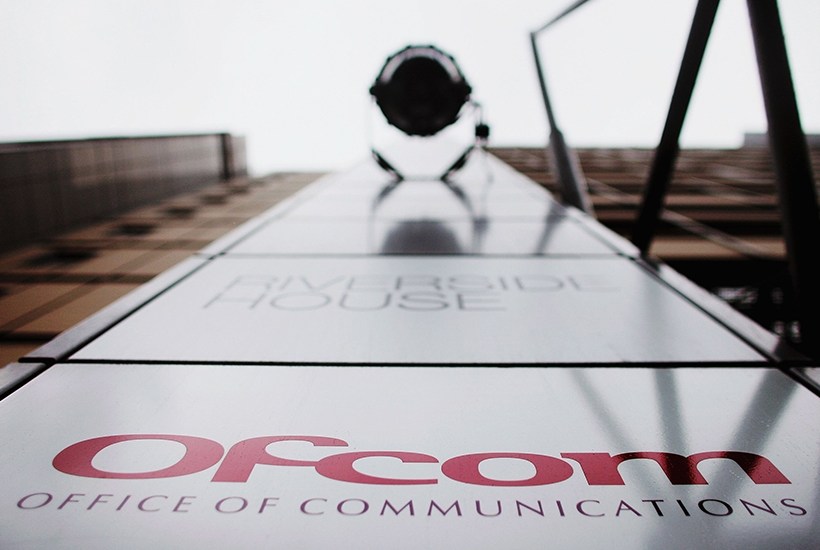

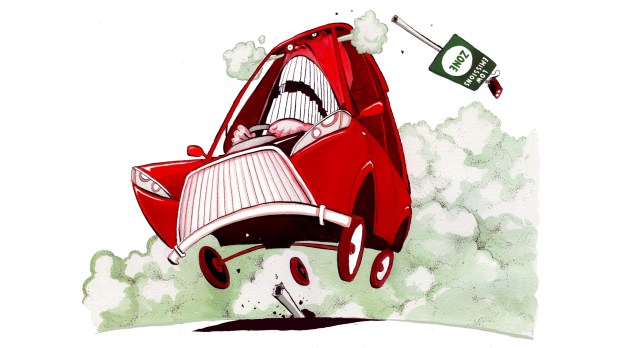
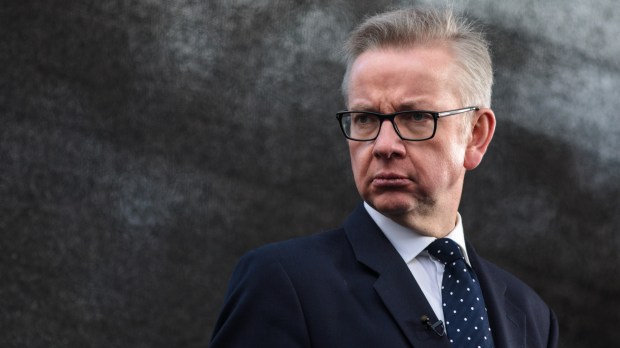
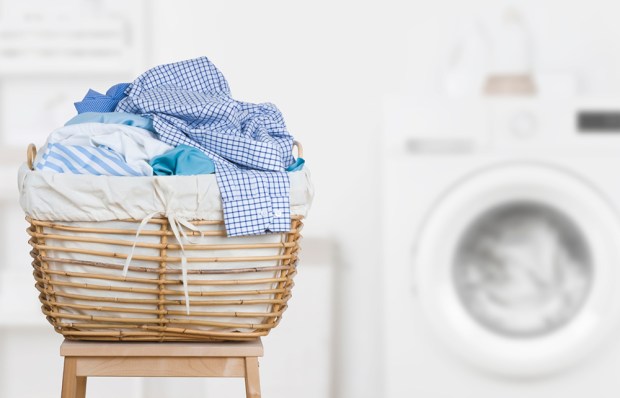
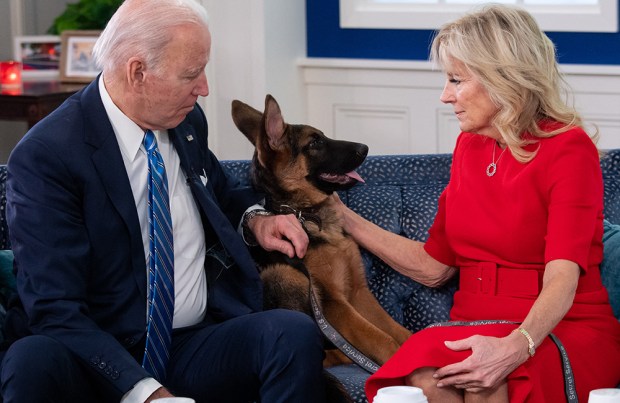
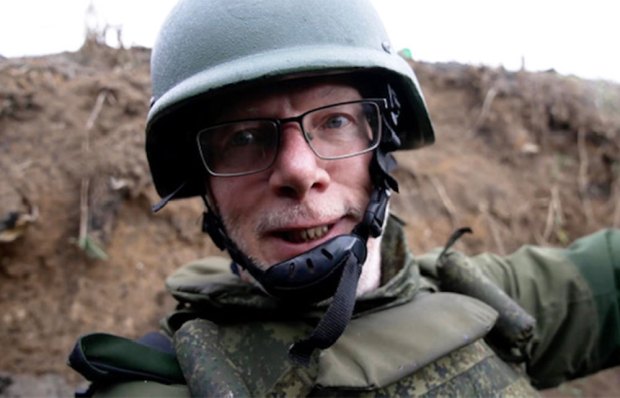






Comments
Don't miss out
Join the conversation with other Spectator Australia readers. Subscribe to leave a comment.
SUBSCRIBEAlready a subscriber? Log in